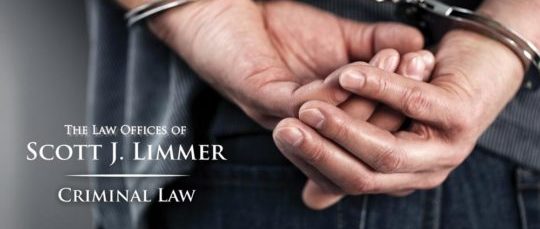Paul Boron was a 13-year-old middle school student in Manteno, Illinois on February 16 this year when he was summoned to the principal’s office to discuss some detention sessions he’d skipped. The partially blind student apparently thought he might need to be able to show what was said during the conversation with both the school’s principal and assistant principal. So on his way to see the principal, he hit “record” on his cell phone; the conversation would take place in the reception area of the school secretary’s office, with the hallway door open.
By Boron’s account, about 10 minutes into an argumentative discussion, the student told the two officials he had been recording the talk. Then the principal informed Boron the previously undisclosed recording had been a felony, and ended the conversation.
But that didn’t end the matter. Two months later, the assistant state’s attorney for Kankakee County charged Boron as a juvenile with the criminal offense of “eavesdropping,” a class 4 felony, under state law punishable by a prison sentence of one to three years and a $25,000 fine.
Illinois defines its “eavesdropping” offense as surreptitiously recording any “private conversation,” meaning “oral communication” between two or more persons, where any of them has a “reasonable expectation” of privacy. While Illinois is one of a dozen states – not including New York – conditioning recording of conversation to the consent of all parties, the state has long pushed the limits on its all-party-consent requirement.
In March 2014, the Illinois Supreme Court overturned the previous state eavesdropping law, finding it overbroad and unconstitutionally restricting First Amendment free-speech rights by outlawing recording or publishing speech not really intended to be private; the court gave as examples a loud argument on the street, a debate in a public park, and interactions between citizens and police officers.
There was ample evidence of the overturned law having stifled free-speech rights or criminalized recording officials’ statements. In 2009, it was used against an artist who recorded his arrest for selling his artwork on Chicago’s State Street without a permit; the following year the anti-eavesdropping law was invoked against a defendant who brought a tape recorder into his hearing, when the court refused to provide a court reporter, and against a woman who taped her discussion with police of her sex-harassment complaint against another cop.
After the court’s action, the state legislature and governor replaced the invalidated law with the current version, which contains an exemption for citizen interactions with police, but is still regarded as the nation’s most restrictive of its type.
Defenders of Paul Boron argue the argument he was having with officials at his school shouldn’t be regarded as private, since it occurred in a public space with the door open. Some argue officials shouldn’t expect privacy when imposing punishments or interpreting rules; others note the school district’s student manual cautions against recording conversations with other students, but makes no mention of school officials. And many argue there’s no good purpose bringing a 13-year-old up on charges that could harm him and his family. So it could be time for Illinois legislators to take a critical look at how this law is being used.
